“U.S.-Chinese Relations: Perilous Past, Pragmatic Present,” by Robert G. Sutter (July 2010), Rowman & Littlefield Publishers. 340 pages. $29.95. ISBN: 978 0 7425 6841 9.
[xtypo_dropcap]T[/xtypo_dropcap]here is a wealth of historical information and a few take home messages in Robert G. Sutter’s recent book, a methodical survey of U.S.-China relations from before World War II up to the present. Here are two of the main ones: the United States repeatedly tried to change China but failed every time; when the United States is more assertive in dealing with the Chinese Communist Party, things work out better.
Over 12 chapters Sutter looks at patterns of engagement between the two nations and their governments, both at key junctures—before WWII, after WWII, at rapprochement, after the Tiananmen massacre—and on key issues: the power balance, security, the economy, the environment, Taiwan, human rights.
Merchants and missionaries in the 19th century were the first U.S. citizens to enter China, learn the language, and mingle with the people. State-to-state relations were not a factor during this period, and U.S. interests in China were limited largely to the commercial activities on the ground. These were made easier by the concessions the United States had obtained by piggybacking on what Great Britain and the other powers had squeezed out of the Qing dynasty during the late 19th century.
Things changed when Japan invaded in 1937. American troops and advisers (and in particular, the famous General Joe Stilwell), helped the Nationalists to varying degrees with training, logistics, equipment, and funding. After WWII, America left and communist insurgents resumed their struggle against the Nationalist government. The Nationalist regime, then attenuated by the war and myriad domestic troubles, collapsed to the CCP (who seized power and then proceeded to kill tens of millions of people.)
No Longer Red
As Mao Zedong and Party zealots waged war against the Chinese people with murderous political campaigns, not much was to be said for U.S.-China relations. Then, a few things happened: Communist China and Soviet Russia entered into a bitter theoretical dispute (it began when the “revisionist” Khrushchev denounced Stalin, who was the apple of Mao’s eye), and the United States found itself in a cold war with the Soviets. In the spirit of the proverb that an enemy of my enemy is my friend, Nixon initiated rapprochement with Red China, and then normalization. The rest is history, as they say, and China is no longer called Red.
Sutter chronicles these developments and more, including the extensive economic interconnectedness of the present time. Most of this record is already known and widely available, and Sutter often seems thin on new insights in his recapitulation (though to be fair, perhaps what can be said on that has been said already.)
Hidden amidst the listing of one thing after another, however, certain themes emerge:
- Both countries play nice on the surface but ultimately do not trust each other and are constantly hedging.
- In the case of the PRC that hedging is aggressive: viz. building up serious warfare capabilities that could only be meant for specific combat scenarios with the U.S., while pretending that its military modernization is nothing much to speak of, and, anyway, is extremely, extremely peaceful.
- In the case of the United States, the hedging is usually defensive: viz. how to engage with the Communist Party without getting badly burnt if it all goes wrong.
- It is high hubris for outsiders to think they can change China, and U.S. presidents and their advisers are as guilty of this as were missionaries.
- The CCP responds to a firm rod; it does not respect a soft hand. In other words: the communists recognize only power, not principle.
This last principle was illustrated by the approach taken by Secretary of State George Schultz and his colleagues during the Reagan years. He changed U.S. posture to China by publicly downgrading China’s strategic importance to the United States, gave greater emphasis to relations with Japan and other East Asian allies, and downplayed concern over the CCP’s response to U.S. support to Taiwan.
“Overall, that shift seems to have significantly enhanced U.S. power and leverage over China,” Sutter writes. As the CCP had interests wrapped up with the U.S.-Sino relationship, it was they who made a series of concessions on the Taiwan issue.
Both Presidents Bush and President Clinton got it wrong. Their idea was that with a moderate policy of engagement, where China and the CCP are gradually integrated with the world economic and political order, things in China, somehow, will change—the CCP will disappear, and freedom will reign.
The United States’ visions of remaking the Party in its liberal democratic image recall the proselytizing ambitions of a far earlier generation of dreamers—first European missionaries, then some from America—who thought they could convert China from Confucian to Christian, a failed dynamic explored in detail by Jonathan Spence in his book To Change China.
The failure of the missionaries’ ambitions only resulted in a shortfall in the salvation quota. The failures of U.S. foreign policy have helped modernize, then normalize, a very cruel political dictatorship. Now it is rapidly building its military capabilities, with the goal of ejecting the United States from Asia and becoming the regional hegemon. Sutter’s book is subtitled “Perilous Past, Pragmatic Present.” Perhaps it should have been called “Perilous Past, Perilous Present.”

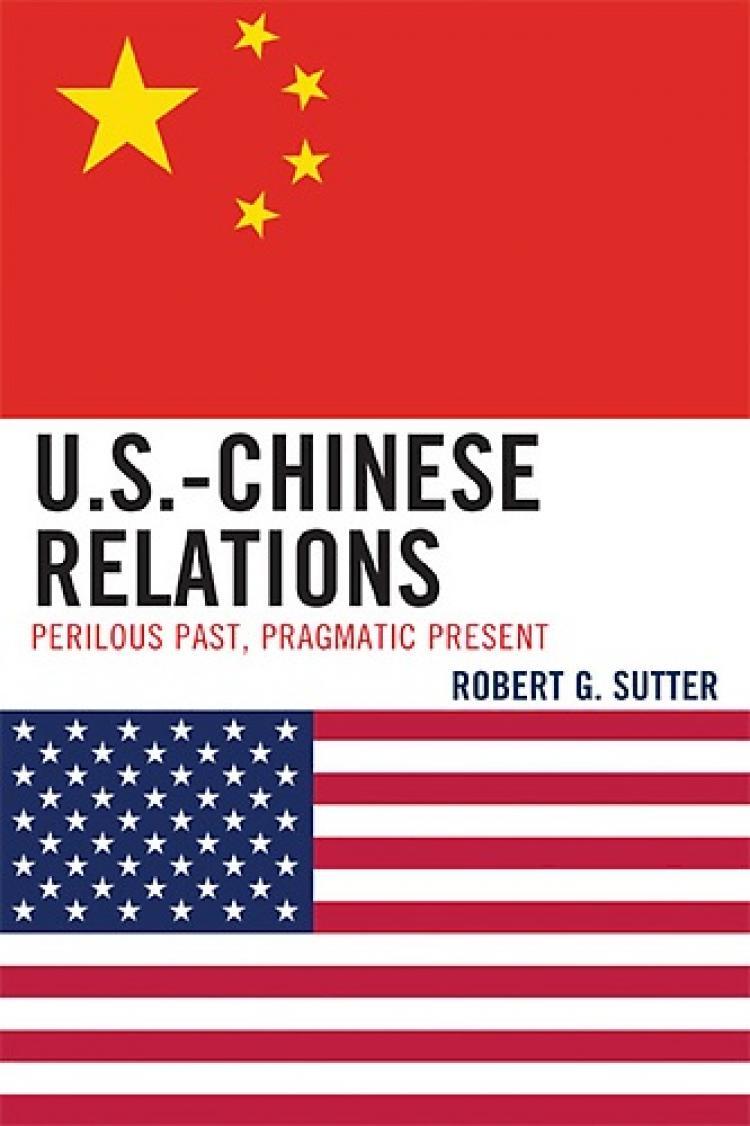
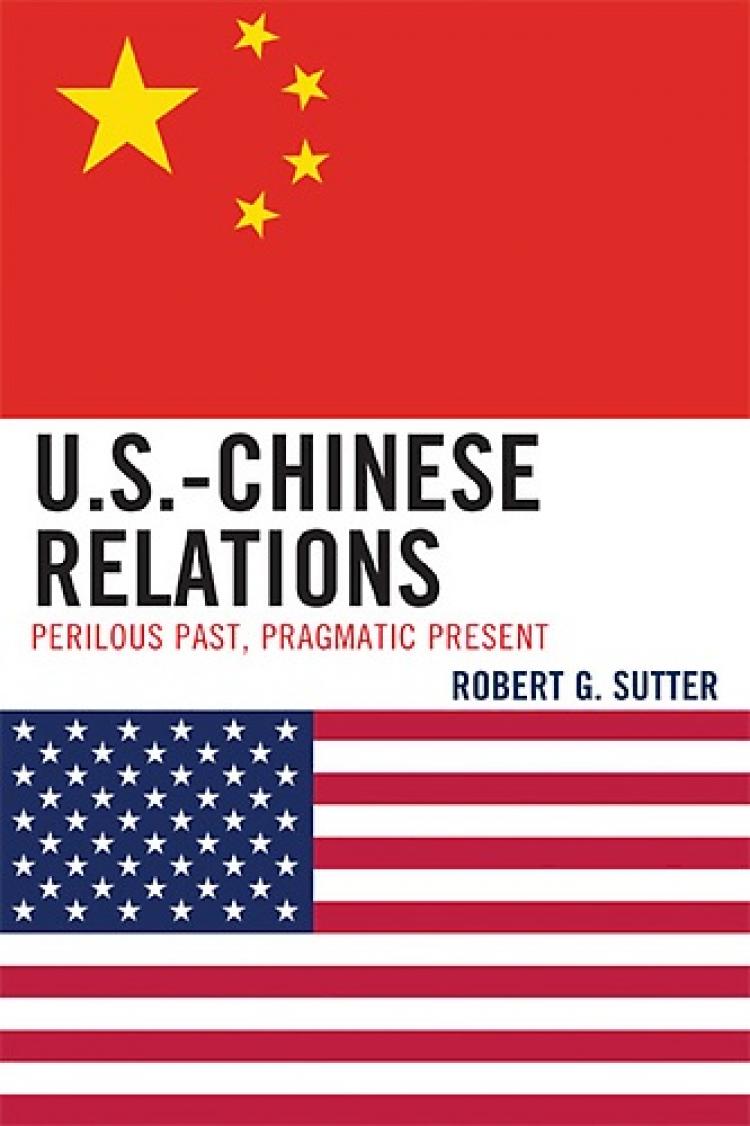
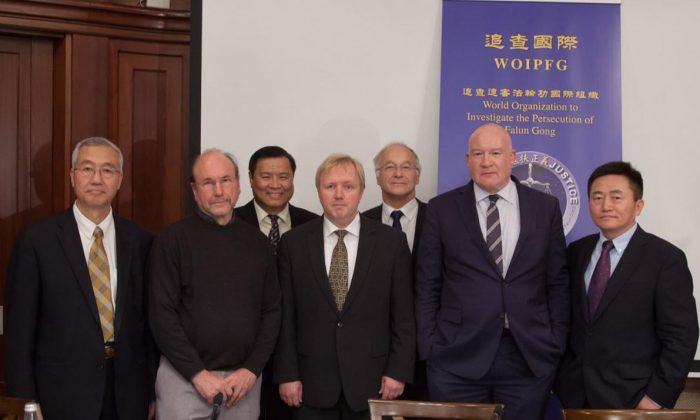
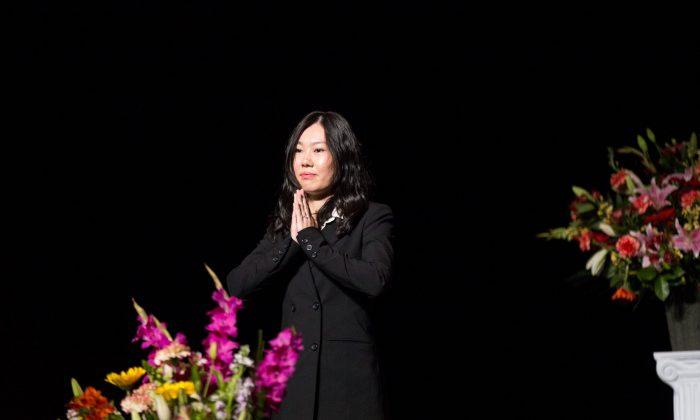
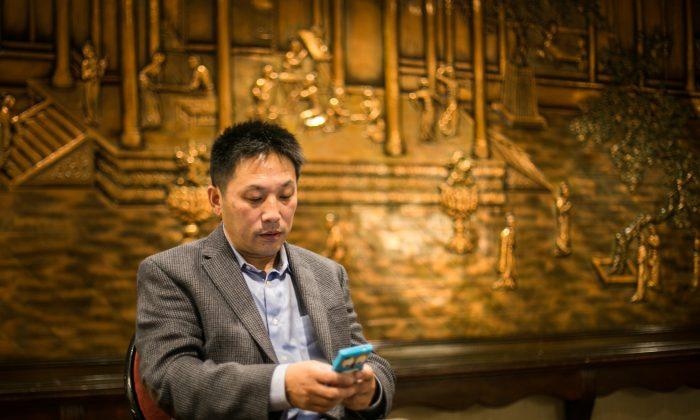

Friends Read Free